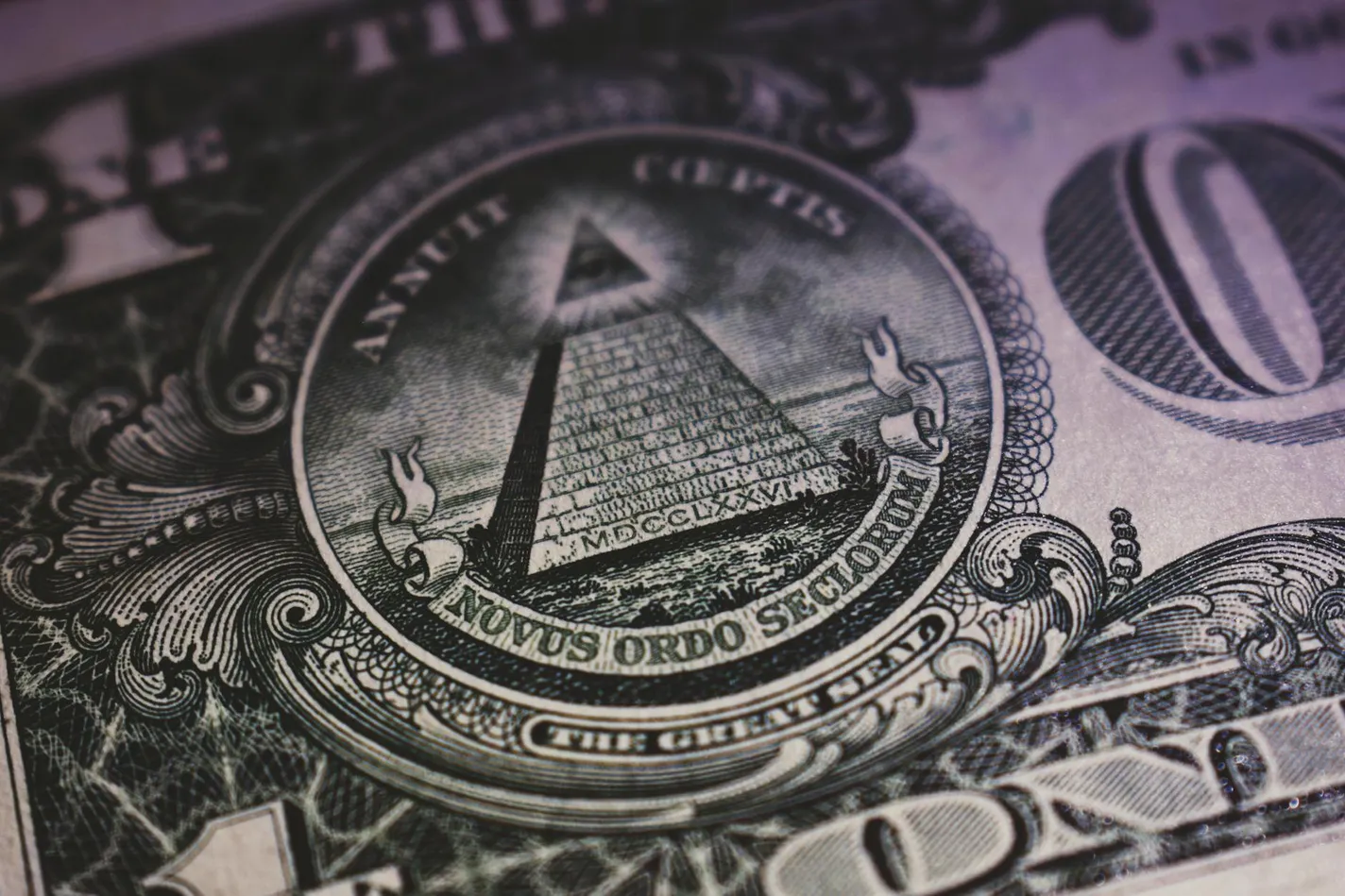Illuminati Conspiracy: Fact or Fiction?

Welcome, fellow truth-seekers, to the murky waters of the Illuminati conspiracy! You may have heard whispers about the mystical group pulling the strings behind world affairs. But like any good conspiracy theory, a sprinkle of skepticism and a dollop of sarcasm are essential ingredients. So let’s dive into this rabbit hole.
What Exactly is the Illuminati?
Ah, the Illuminati. A word that incites both intrigue and eye rolls in equal measure. The term originally referred to the Bavarian Illuminati, a secret society founded in 1776 by Adam Weishaupt, a law professor who aspired to illuminate the dark underbelly of organized religion (because advocating for reason always sounds like a fun time).
While the group initially aimed to promote Enlightenment ideals, it soon became the poster child for countless conspiracy theories about shadowy elites orchestrating global events from behind the scenes. Talk about a glorified book club!
The Misunderstood Origins
Historically, the Illuminati sought to replace oppressive regimes with rational thinking—a noble cause, yet it was like bringing a spoon to a knife fight. Their operations were short-lived and ultimately disbanded in 1785 due to government pressure. However, fears of shadowy elites lingered longer than a bad smell on a subway.
After their disbandment, the Illuminati quickly slithered into the realm of conspiracy theories. Far from being a historical curiosity, they morphed into a catch-all term for every group purportedly working in the shadows. If something unexplained happens, just throw the Illuminati into the mix, and voilà! Instant drama.
The Conspiracy Theories Unleashed
Once the Illuminati's name was on the scene, conspiracy theories exploded like popcorn in a microwave. From controlling world politics to banking and even the entertainment industry, the theory has expanded infinitely. But the irony is that this claims the Illuminati is both everything and nothing. Russia, the United States, the Kardashians—everyone gets a spin.
New World Order? Please.
One of the most popular theories is that the Illuminati aims to establish a New World Order—a world governed by a single elite. Ah yes, because nothing screams harmony like a bunch of elitists arguing over which luxury yacht to cruise on.
The idea is that the Illuminati uses music, films, and politics to manipulate public opinion and push humanity towards a totalitarian future. It’s as if they’ve read one too many dystopian novels and decided it would be a grand idea. Just don’t forget that the actual origin of this theory is more rooted in Hollywood than in any real-life evidence.
Symbols and Signs: A Language of Shadows
Then come the symbols. Hand signs, triangles, and all-seeing eyes have become the Illuminati’s signature style. They’re like the hipster logos for conspiracy theorists eager to decode “secret messages” hidden everywhere.
From your favorite pop stars flashing the triangle at some award show to corporate logos subtly sporting an eye, every arbitrary gesture has become an affirmation of membership. It’s a bit like saying offering someone a hotdog means you’re part of a culinary cult. Now, don’t get me wrong—some signs do point toward ancient cultures and meanings. But reaching that conclusion often requires a dramatic leap of logic.
The Reality Check
Before you decide to go full-blown tinfoil hat in your backyard, let’s face facts.
The reality? Most of the grand conspiracies about the Illuminati are merely speculative. Researchers argue there’s minimal documented evidence to support the existence of the contemporary Illuminati in any of the machinations suggested by conspiracy theorists.
But here comes the kicker: the allure of conspiracy lies in its appeal to humanity's inherent skepticism, not in its verifiable truth. There’s a comforting universality that comes from believing there are grand interconnections underpinning our chaotic world.
History vs. Conspiracy
The Bavarian Illuminati challenges the conspiracy theories by showing a stark contrast—an openly aspirational group advocating for rational discourse and enlightenment principles, not puppet masters plotting global domination.
But alas, who wants to settle for intellectual debates and philosophical inquiries? Give us elaborate connections to celebrity deaths and the latest viral political events!
As for the romanticism that comes with conspiracy theories? That’s a sentiment we can hardly argue against. They give us stories filled with intrigue, and who doesn’t want to unwrap the complexity of the world they live in?
Join the Debate: Reality or Myth?
So, what do you think? Are the illuminati the puppeteers of humanity, or are they merely the byproducts of collective anxiety? Can we even disentangle myth from reality?
Participation in the conversation about the Illuminati—whether it’s in jest or genuine concern—offers a glimpse into how fragile our understandings of reality can be. As we navigate a world flooded by information, the pursuit of clarity is naturally overshadowed by our innate love for stories that fuel our imaginations.
Conclusion
While the allure of the Illuminati conspiracy remains haywire in the minds of some, let’s face it: the real mystery is not whether they exist or not, but why our brains are wired to crave these complex tales. Maybe we’re simply bored with the mundane and seek an outlandish explanation for the ordinary.
Next time someone tries to pull you into the depths of their latest conspiracy theory, clasp your hands in the Illuminati sign (if you dare) and remind them that some truths are better left unearthed. Let’s keep the mystery alive—or at least sarcastic!
Let the conspiracy discussions continue, but make sure to question everything, including your own skepticism. After all, in the world of conspiracies, it might just be the journey that matters.